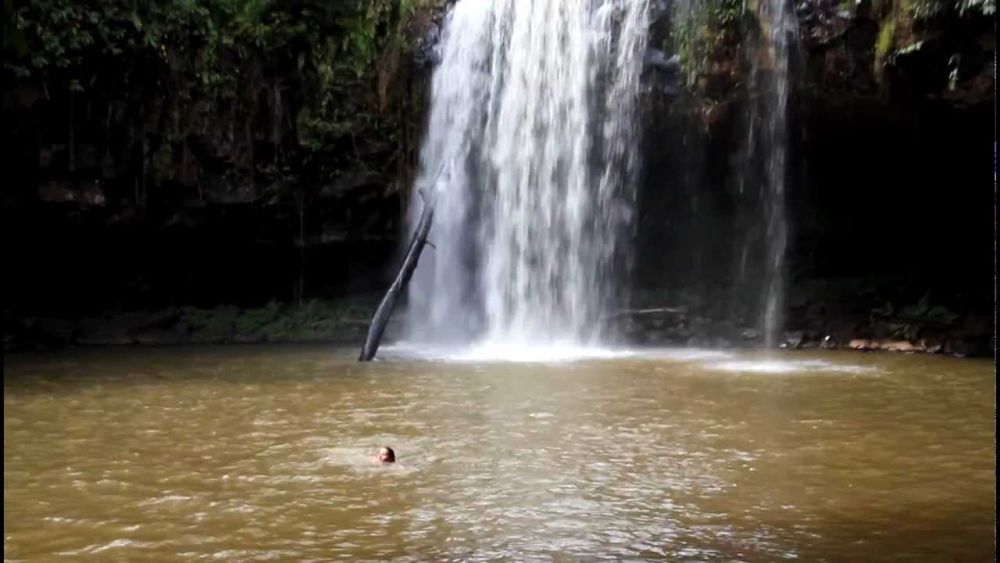

Nestled within the lush landscape of Ratanakiri province, Ka Tieng Waterfall is a hidden gem that has captivated the hearts of locals and travelers alike. The shimmering cascade is located near the base of the Lumphat Wildlife Sanctuary, making it part of a rich natural tapestry that Cambodia is renowned for.
Tourism in Ratanakiri, and in extension to places like Ka Tieng Waterfall, is relatively young. For many years, the remote character and limited infrastructure kept Ratanakiri off the beaten path. It wasn't until the late 1990s and early 2000s that adventurous backpackers and eco-tourists began to explore Cambodia's northeastern frontier, drawn by its unspoiled environments and ethnic diversity.
Infrastructure improvements, coupled with a growing interest in off-the-beaten-track destinations, have facilitated an increase in visitors to Ratanakiri. The region's tourism industry has developed in a way that seeks to preserve its natural resources and promote sustainable travel.
Ka Tieng Waterfall has had a quiet history compared to more renowned Cambodian tourist destinations like Angkor Wat. Its untouched beauty offers an intimate experience for visitors, as it remains less commercialized than many of its counterparts. The waterfall is named after the Ka Tieng, an indigenous group living in the area, and it is their warm hospitality that often adds to the site's charm.
Recent trends in Ratanakiri's tourism sector include community-based tourism (CBT), which allows visitors to stay with local families and learn about indigenous cultures. Sustainable and ecotourism practices are being embraced in an effort to preserve the unique ecosystems and traditional lifestyles that coexist in the province.
With the rise of social media, hidden spots like Ka Tieng Waterfall are getting more attention, encouraging responsible management from local authorities and communities. Adventure tourism is also on the rise, with travelers seeking activities like trekking, mountain biking, and wildlife watching in the surrounding areas.
Those wishing to visit the waterfall will find that the best time is during the rainy season, when the water volume transforms the cascade into a powerful force of nature. However, the beauty of the falls can be appreciated year-round. To fully enjoy the experience, visitors are encouraged to respect local customs and the natural environment, keeping in line with the sustainable spirit that guides Ratanakiri's approach to tourism.
In summary, the tourism history of Ka Tieng Waterfall is one of gradual discovery and increasing attraction, balancing the natural allure of the waterfall with conscientious tourism practices. As Ratanakiri continues to develop as a destination, the hope is that the essence of places like Ka Tieng Waterfall will remain untouched for generations to come.